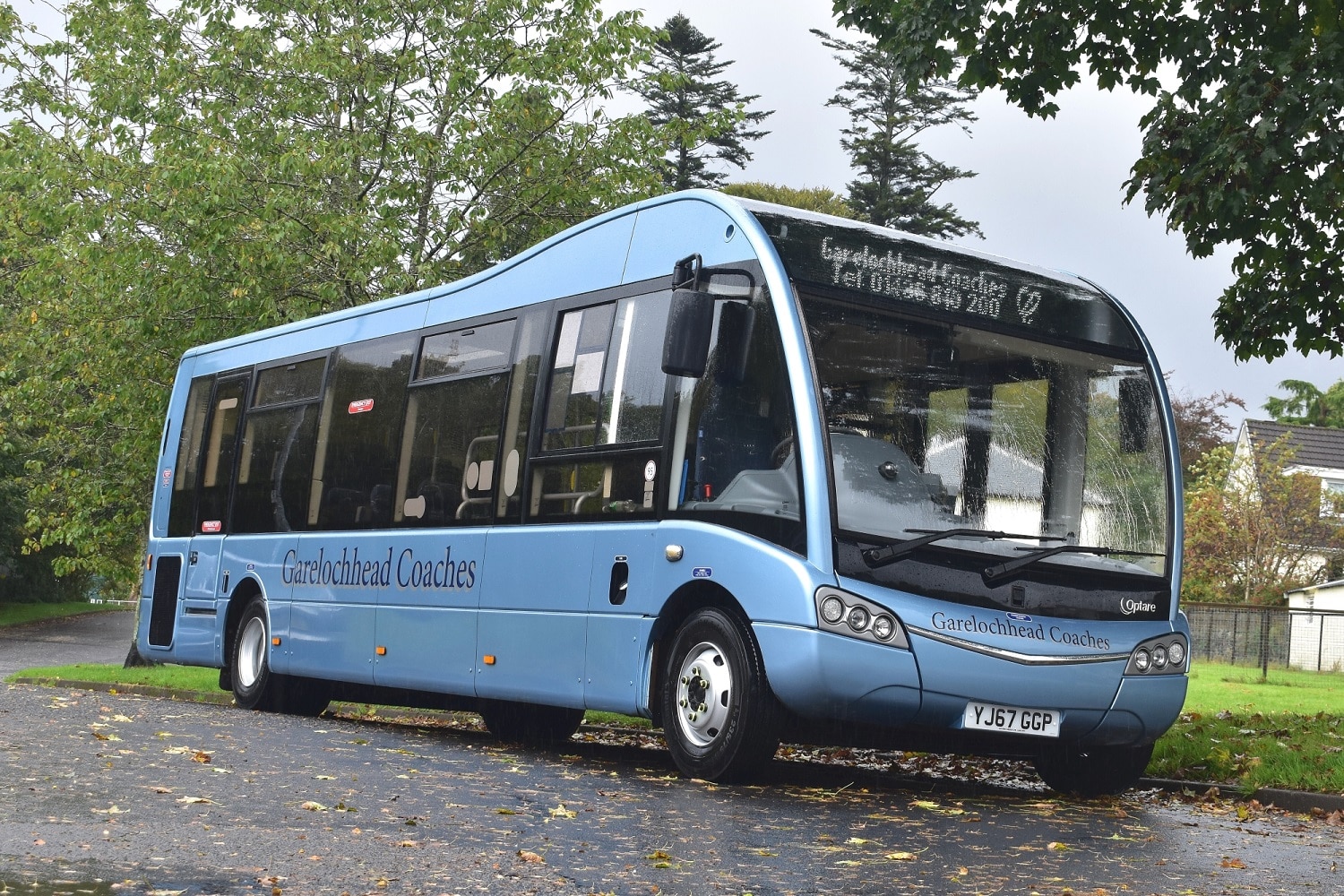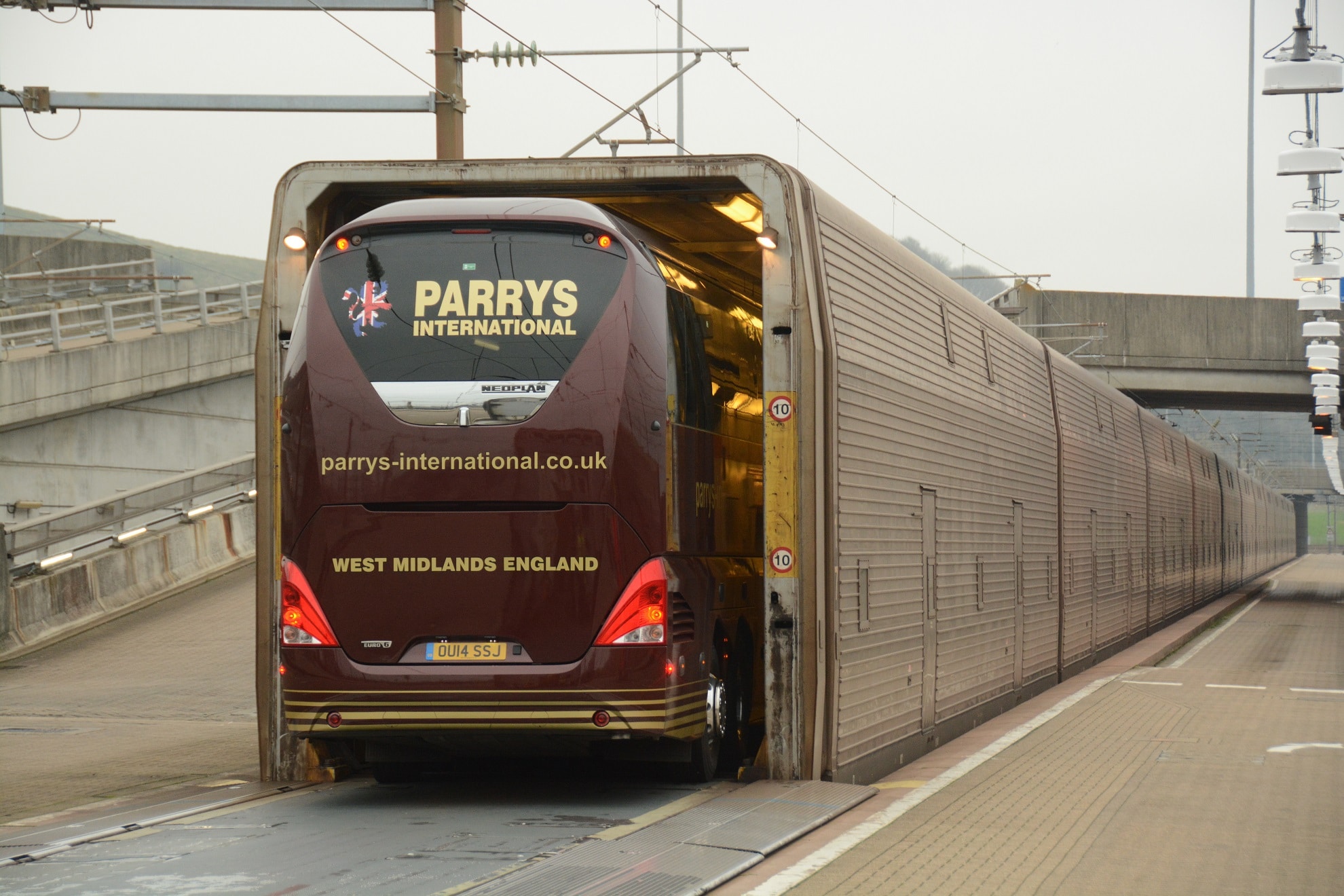Any phase two of the Scottish Zero Emission Bus challenge fund (ScotZEB2) must ensure that smaller operators and those in more rural areas do not get “left behind in the transition to a carbon neutral economy,” papers released by the Bus Decarbonisation Taskforce show.
The first phase of ScotZEB saw a majority of the £62m awarded go to larger operators in urban areas. While the Taskforce notes that the sizes of those businesses mean that bids from them will be bigger in scale, and that ScotZEB1 drew a wider range of proposals than previous schemes, “there remains significant scope for any phase two to have a greater positive impact on market dynamics.”
Transport Scotland initially said that ScotZEB2 would open to bids in April, subject to a review. A spokesperson confirmed in early May that such a review is still underway. Minister for Transport Jenny Gilruth indicated in March that SMEs and rural operators will be prioritised in ScotZEB2.
The Taskforce suggests that in ScotZEB2, change could be made to how air quality benefits are weighted when assessing bids. “One impact of the air quality criteria is that it leads to higher scores for buses in urban areas, where air quality is a problem, over rural areas where it is less so,” the papers state.
“Removing that… would help to create a more level playing field between urban and rural areas.” Strengthening the sub-criteria relating to community benefits would also enhance the case for SME operators “being given support to explore decarbonisation options, costs and business cases,” the papers continue.
A maximum of £58m will be available through the planned ScotZEB2. The first phase of the scheme saw an average subsidy awarded per bus of £176,000, compared to £216,000 via the final round of predecessor mechanism the Scottish Ultra Low Emission Bus Scheme (SULEBS) and £250,000 in the first round of SULEBS.
“This shows clear progress towards the Taskforce’s vision that in the future, the [Scottish] Government will cease subsidising battery-electric and hydrogen fuel cell buses,” the Taskforce notes.
Analysis of ScotZEB1 bids has showed that the reduction in average per-bus subsidy is “as a result of negotiation between operators and manufacturers,” and that there has been no evidence of the finance sector bringing forward improved products. Hoped-for work in the latter area is a key driver of the ScotZEB mechanism.
“This may indicate that, should there be a second round of ScotZEB, it will need to do more to deliver the Taskforce’s vision of a future with vibrant ownership and leasing markets for buses which benefit operators, manufacturers and the finance sector.”



























